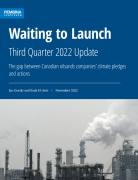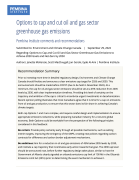Eyab Al-Aini's Research & Analysis
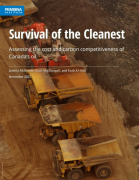
Oil & Gas
November 27, 2023
Publication
Survival of the Cleanest
Assessing the cost and carbon competitiveness of Canada’s oil


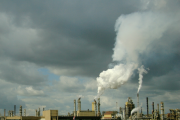
Oil & Gas
July 4, 2023
Article
Canadian oil production more carbon-intensive now than in 1990
Much more to be done to make Canadian oil competitive in a global, carbon-conscious market

May 18, 2023
Event
Energy Policy Simulator – Canada: Webinar 2023
Exploring net-zero policy scenarios in a thriving economy

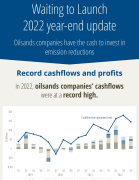
Oil & Gas
March 9, 2023
Publication
Waiting to Launch 2022 year-end update
Oilsands companies have the cash to invest in emission reductions

